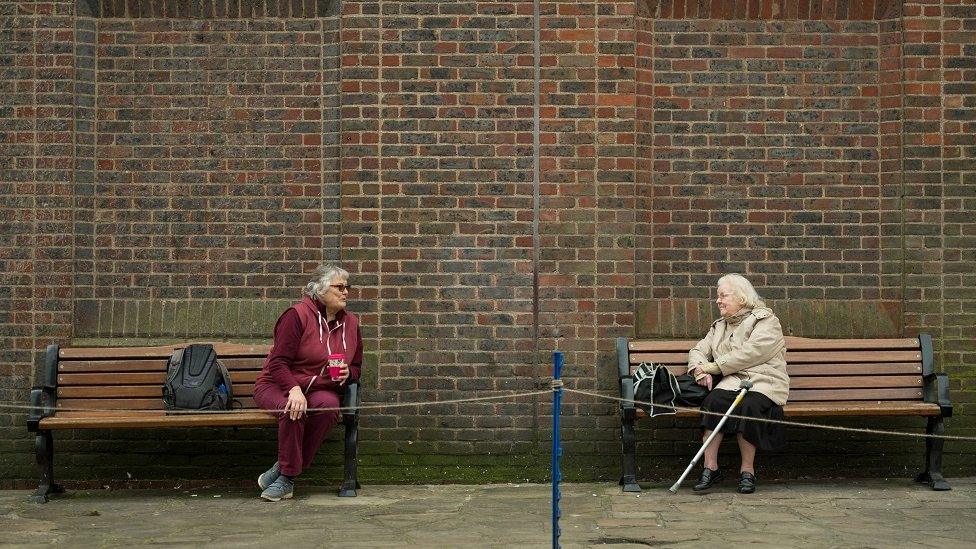Coronavirus: Hancock admits ‘challenges’ over NHS equipment
- Published
- comments
Health Secretary Matt Hancock says "millions of masks" have been ordered for NHS staff
The health secretary has acknowledged there have been "challenges" with the supply of personal protective equipment to NHS staff in England - but added he is determined to rise to them.
Last week, NHS staff said the lack of protective gear was putting them at risk during the coronavirus outbreak.
Matt Hancock said a million face masks had been bought over the weekend and he was taking the issue "very seriously".
From this week, the Army will play a part in helping to distribute supplies.
"I am determined to ensure that the right kit gets to the right hospital, the right ambulance service, the right doctors' surgery, right across the country," said Mr Hancock.
"There have been challenges and I can see that. We're on it and trying to solve all the problems."
He added that, since last week, millions of items, including face masks, had been shipped to NHS staff across the country.
Health workers have previously warned that a shortage of personal protective equipment (PPE) - combined with a lack of coronavirus testing for them - meant they were at increased risk of getting the virus and passing it on to patients.
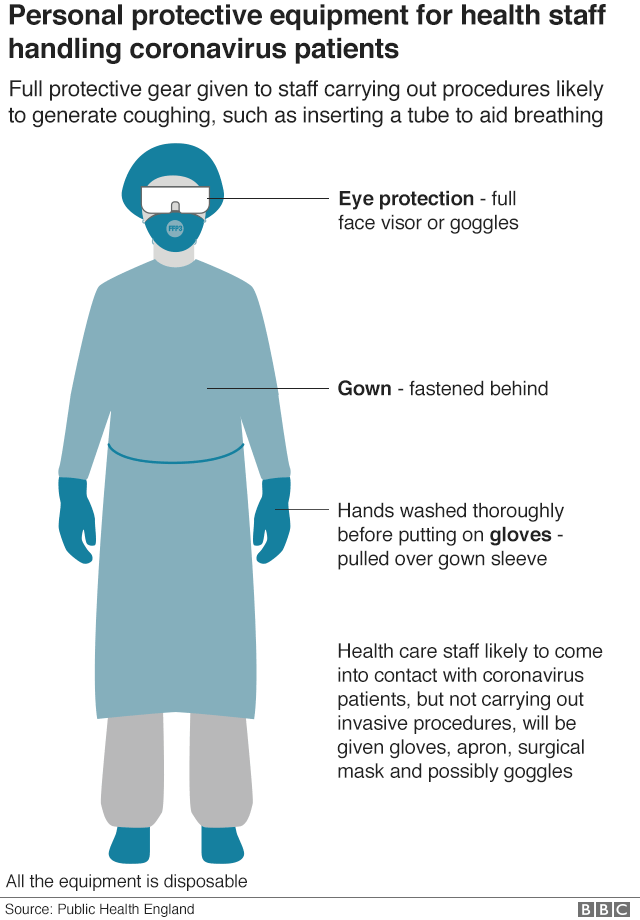
The Doctors Association, a lobbying group, said its members were overwhelmingly concerned that patients were being put at risk and that NHS staff could lose their lives.
Its chairman said doctors had told him they felt like "lambs to the slaughter".
And NHS Providers, which represents health trusts in England, said there had been local shortages which were fuelling anxiety over staff safety.
While there were signs of significant increases in distribution, further rapid improvement was required, it said.
Mr Hancock said the government had shipped 2.6 million masks over a 24-hour period, and had stocks of equipment it was trying to get to the "right people".
The health secretary also insisted the equipment met World Health Organization guidelines.
"I take very seriously my responsibility, as secretary of state, to make sure that everybody working in the NHS, across social care, is safe, and for that they need the right equipment," he added.
NHS England said the army would "play its part" from this week, offering personnel to "help to manage and offload supplies in busy NHS settings" and distributing PPE supplies.
Emily Lawson, chief commercial officer for the NHS, said the health service needed a "massively increased, urgent volume" of supplies.
"Working with our partners, we are now seeing much increased capacity, and a more responsive supply chain to help take us through the coronavirus outbreak. We are extremely grateful for the army's support in doing so."

A SIMPLE GUIDE: What are the symptoms?
AVOIDING CONTACT: Should I self-isolate?
LOOK-UP TOOL: Check cases in your area
MAPS AND CHARTS: Visual guide to the outbreak

According to the latest figures, the UK's death toll has reached 281 - including a person aged 18 with an underlying health condition - and there are 5,683 confirmed cases.
MPs are preparing to debate emergency legislation that would grant powers aimed at tackling the spread of the virus later.
Under the proposals, airports could shut and police would be able to force people with virus symptoms to isolate.
The powers, which would be time-limited for two years, are expected to be approved by MPs.
Prime Minister Boris Johnson previously warned that new, stricter measures could be introduced in order to tackle the pandemic.
Over the weekend, photos emerged showing crowds of people visiting parks and open spaces across parts of the UK.
The government has urged people to "avoid travelling unless it is essential".
Essential travel, the Department for Health and Social Care said, "does not include visits to second homes, camp sites, caravan parks or similar, whether for isolation purposes or holidays".
The number of worldwide cases of coronavirus has passed 300,000 - with more than 13,000 deaths around the world.
New Zealand has said it would begin shutdown of non-essential services this week, while Australia has already seen a widespread closure of pubs, clubs, gyms and places of worship.
Pressure is also growing on Japan and the International Olympic Committee to cancel or postpone the 2020 games which are due to take place in July.
Japanese PM Shinzo Abe has said an Olympic postponement "may become inevitable".
- Published21 March 2020
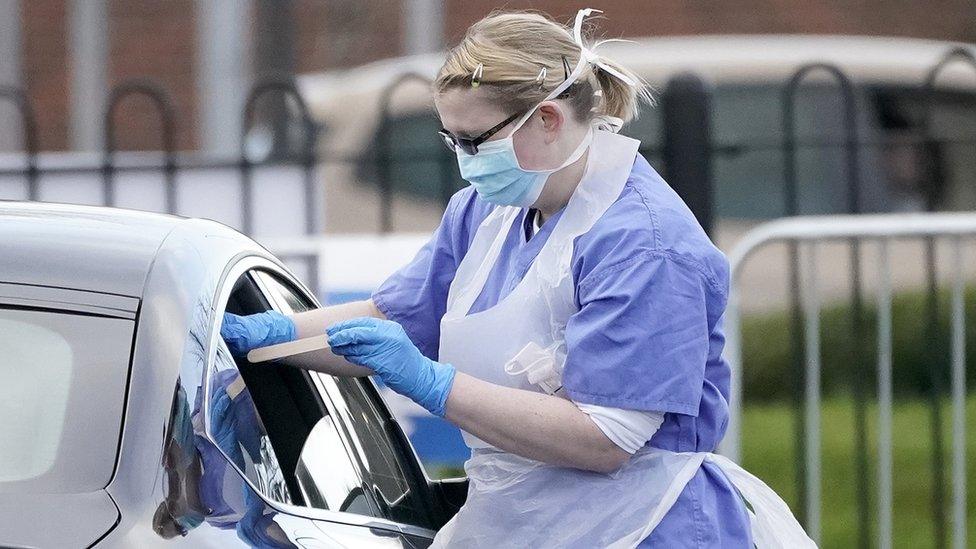
- Published21 March 2020
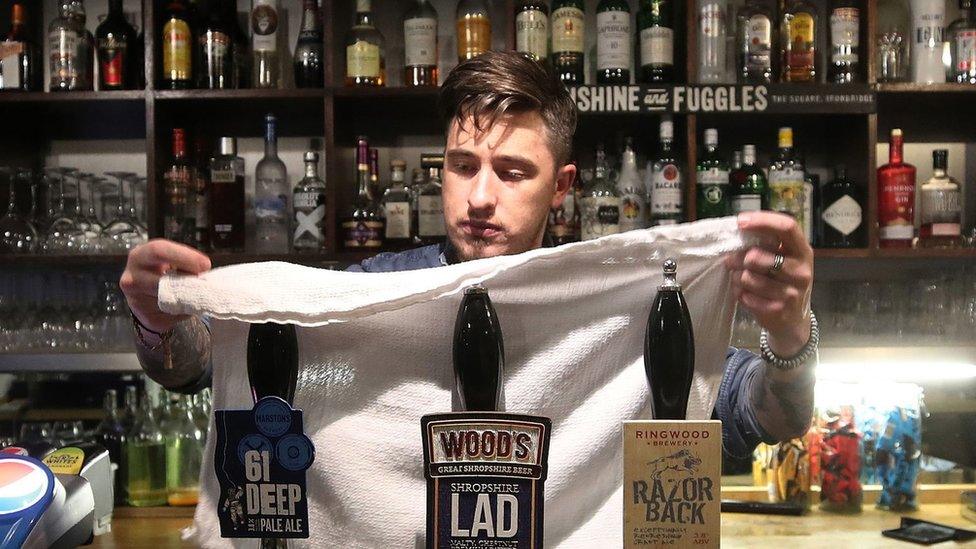
- Published20 March 2020
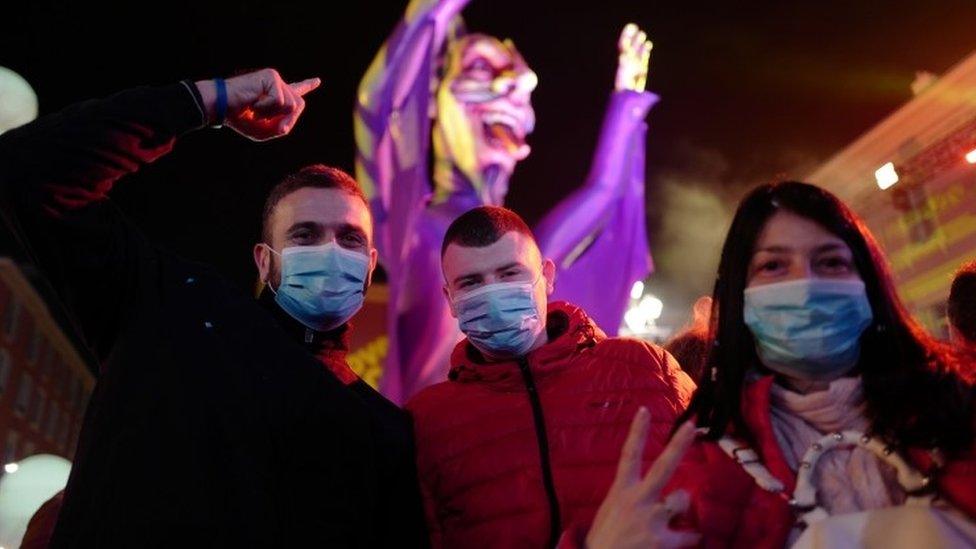
- Published20 March 2020
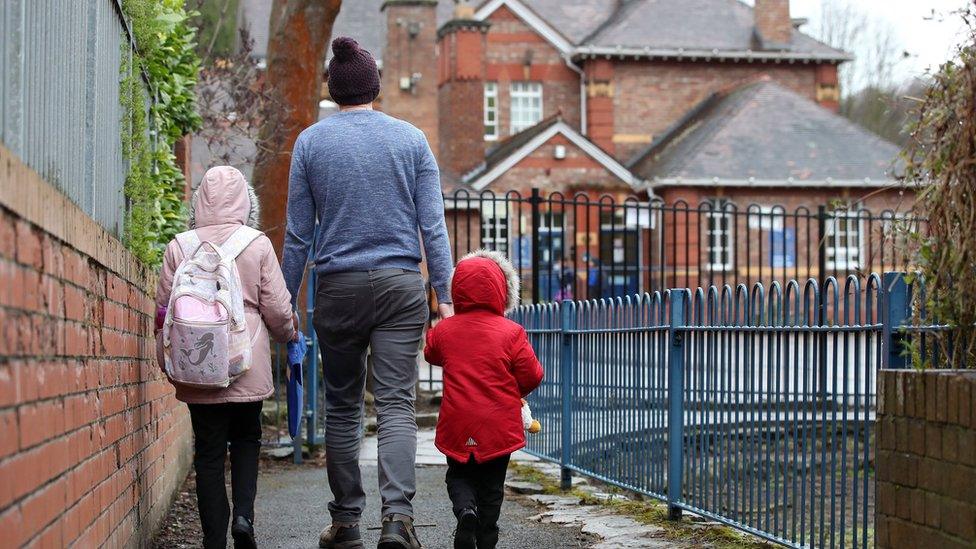
- Published20 March 2020
